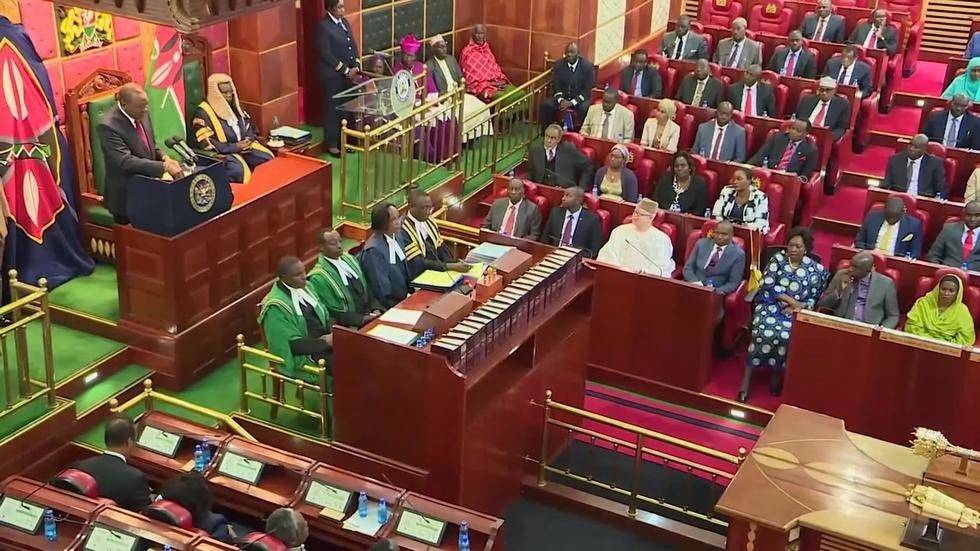Kenyan MPs Have Approved Extra KES 78 Bn In Gov’t Spending – Here’s Why

Kenya’s parliament has granted approval to KES 78.14 Bn (USD 769.85 Mn) in extra spending for the 2019/20 financial year, as requested by the Treasury.
Kenya’s finance ministry had requested a 3 percent increase in spending for health, manufacturing sector projects, amounting to an extra KES 86.6 Bn. The country’s parliament, however, cut the additional funds — instead approving KES 78.14 Bn.
“This house approves an overall increase in the total budget,” parliament speaker, Justin Muturi, said on Thursday before the House voted by acclamation to approve the request.
The budget deficit for this July-June financial year is pegged at 6.3 percent of GDP, slightly higher than the original target of 5.9 percent, reflecting growing expenditure requirements for the government and weaker revenue collection.
Also, lawmakers revealed they would put together a bill that would guide the establishment of an independent debt management office to address concerns about rising debt levels.
With Kenya’s public borrowing (especially from China) surging in recent years — with the aim of funding projects such as a new railway line linking the port of Mombasa with the hinterland — the country’s rising debt stock become a cause for concern.
As of June this year, total public debt stood at 62.3 percent of GDP. And that’s according to figures released by the World Bank in October. Upon taking office in 2013, President Uhuru Kenyatta’s administration had a public debt that was 42 percent of GDP on their hands. And that figure has only one up since then.
The justification for the higher borrowing has, at oftentimes, been put down to requirements for improvements in Kenya’s infrastructure. But the Bretton Woods Institutions and concerned parties continue to advise caution as the borrowing trend in the East African Community (EAC) seems to be spiralling out of control.
Featured Image Courtesy: France24